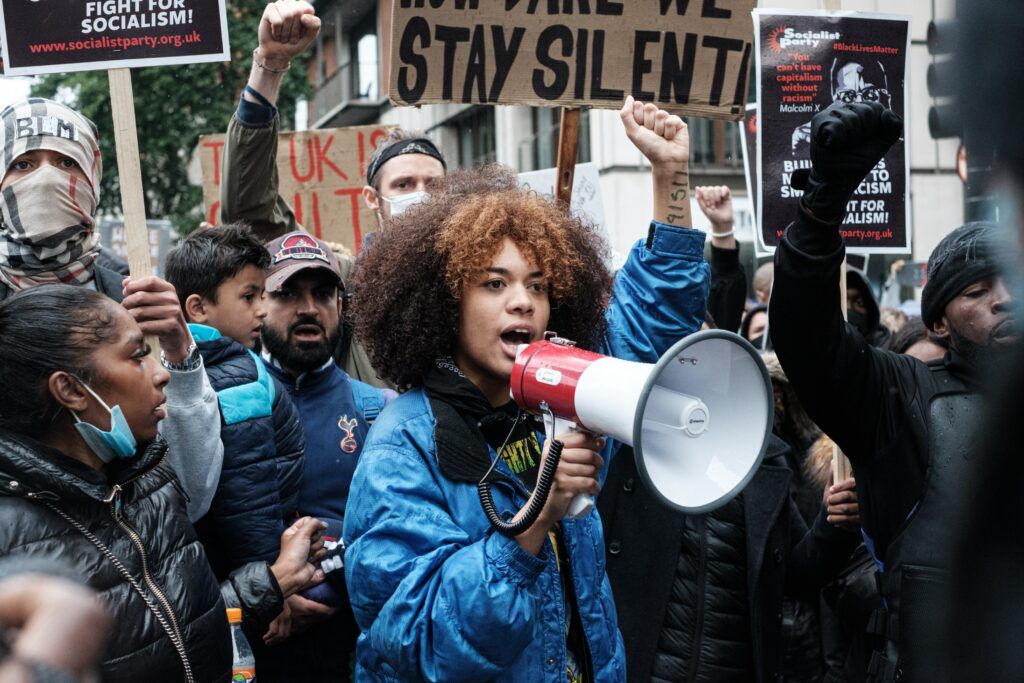Alejandro May Guillén, Instituto de Investigaciones Dr. José María Luis Mora, Mexico
November 21, 2023, 14:30 – 16:00
Room 232, Staszic Palace, Nowy Świat 72, Warsaw
Abstract:
The democracies in Latin America face a variety of challenges, including the systematic unequal participation of the young. Historically, there have been very low levels of presence of the youth in the formal mechanisms of political involvement. At the same time, participation outside of these formal mechanisms, especially student movements, has promoted the youth’s social and political power. Why has youth political participation been more prevalent outside of formal institutions than within them? To explain youth participation in formal institutions, I examine political inequality in experiences of young activists based on the concepts of Iris Marion Young, focusing on oppression and domination (Young, 1990). Oppression refers to social structures that immobilize group participation (Young, 1990: 77) and can be identified and studied through its different “faces” which are 1) Exploitation; 2) Cultural imperialism; 3) Violence; 4) Marginalization; 5) Powerlessness. Akin to oppression, domination is the presence of specific institutional conditions that prevent people from participating (Young, 1999: 365). I also use an intersectional framework, as some combinations of identities and experiences, such as age and gender, face particular forms and magnitudes of oppression and domination.
Within this intersectional theoretical framework, I ask: How do the conditions of oppression and domination block or facilitate citizen participation of young activists in formal institutions?
In this exploratory study, I examine the intersection of youth and gender, as well as other categories, to understand the barriers to political participation. My fieldwork, conducted partially during the Pandemic, is at the subnational level, specifically in Bíobío, Chile and Tabasco, México. In Tabasco, the case studies were the Local Open Government Secretariat; the Tabasco’s Citizen’s Security and Justice Roundtable; and the Citizen Participation Committee of the Local Anticorruption System in Tabasco. In Chile, it was the Community Council of Civil Society Organizations of Concepción; the Regional Advisory Council of the Regional Secretary of Health of Biobio; and the Advisory Council for Adolescents and Young People of the Regional Secretary of Biobio. I conducted interviews with public officials related with those organizations, as well as activists outside of these organizations. To understand better the barriers to participation in either a formal or informal way, in Chile I interviewed young people that were not activists.
In these formal organizations, there are very few young people who participate. In the case of the Citizen Participation Committee of the Local Anticorruption System in Tabasco, there are legal conditions that make engagement of youth impossible, e.g. it is not possible to any person under 35 years old to apply to be part of it. Interviews with formal organizations reveal that incorporation of the youth was not part of their design. Identity categories as gender and citizenship have an important influence in the experiences lived by the activists. Some of the youth activists, especially young women, report unequal treatment from authorities.
Also streamed on Zoom:
https://us02web.zoom.us/j/87861895946?pwd=NElDaWFvQVB1UkxuRHpIempOazRSdz09
The seminar is open to all.

